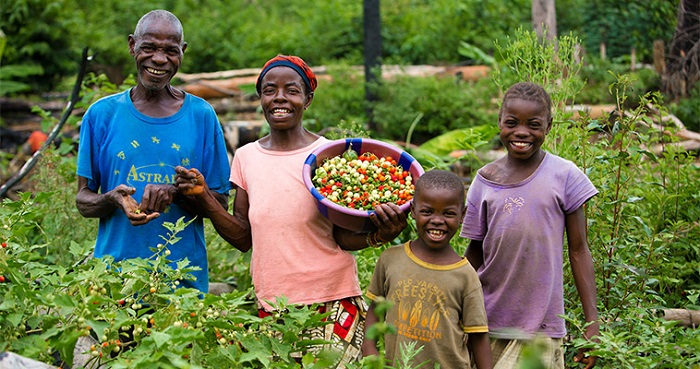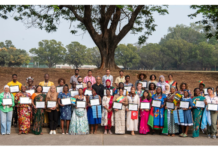17,500 Liberian smallholder farmers are set to receive US $25m in International Development Association (IDA) loan from the World Bank. This is in continuation to further increase the productivity of smallholder farmers for commercial purpose in the country. The funds will be disbursed under the Smallholder Agriculture Transformation and Agribusiness Revitalization Project (STAR-P) of Liberia.
According to media reports, the 5-year project is expected to increase agricultural productivity and commercialize a selected number of smallholder farmers for selected value chains such as rice, oil palm and horticulture. The smallholder farmers will be selected from Bomi, Grand Cape Mount, Lofa, Nimba and Margibi counties.
According to the World Bank release, 30% of the targeted beneficiaries of the STAR-P are female farmers. However, some of the stipulations in place state that the beneficiaries of project services must be active resident smallholder farmers in the project locality. They must also be currently engaged in producing one of the targeted value chains and must be a member of a farmer-based organization (or willing to become a member).
These farmers will, accordingly, benefit from increased income accruing from productivity increases and improved access to markets for the sale of their products,” the release added. The STAR-P is aligned with the World Bank Group’s (WBG) twin goals of ending extreme poverty and boosting shared prosperity. It is also in tandem with the emerging priorities of Liberia’s new administration as reflected in the government’s five-year Pro-poor Agenda for Prosperity and Development (PAPD).
The project focuses on the economic empowerment of rural poor farmers, and will directly contribute towards increasing shared prosperity and helping Liberia tackle its worsening challenge of poverty. World Bank-Liberia Country Manager Larisa Leshchenko said that supporting agriculture with focus on enhanced private sector investment, and key value chains will ensure economic diversification, Pro-poor growth and boost food security.








